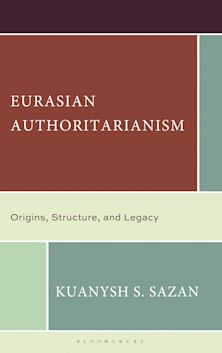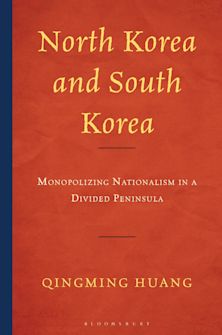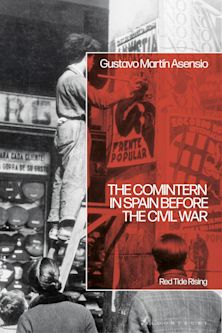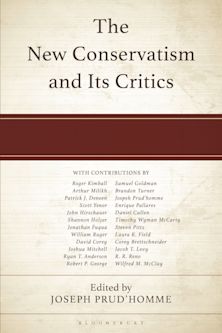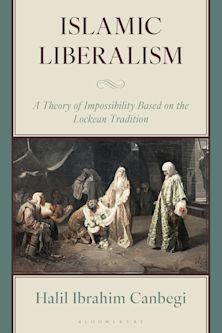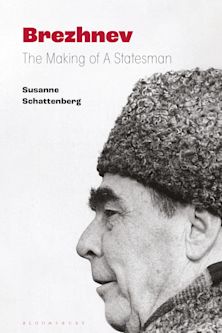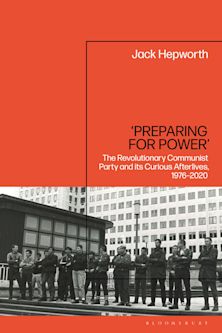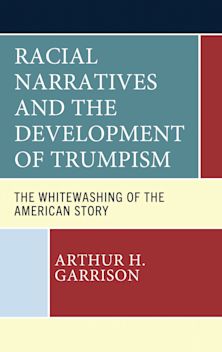- Home
- ACADEMIC
- Politics & International Relations
- Political Ideologies
- The Vodou Ethic and the Spirit of Communism
The Vodou Ethic and the Spirit of Communism
The Practical Consciousness of the African People of Haiti
The Vodou Ethic and the Spirit of Communism
The Practical Consciousness of the African People of Haiti
This product is usually dispatched within 3 days
- Delivery and returns info
-
Free CA delivery on orders $40 or over
You must sign in to add this item to your wishlist. Please sign in or create an account
Description
Using a variant of structuration theory, what Paul C. Mocombe calls phenomenological structuralism, this work explores and highlights how the African religion of Vodou and its ethic, i.e., syncretism, materialism, communal living or social collectivism, democracy, individuality, cosmopolitanism, spirit of social justice, xenophilia, balance, harmony, and gentleness, gave rise, under the leadership of oungan yo, manbo yo, gangan yo, and granmoun yo, to the Haitian spirit of communism and the “counter-plantation system” (Jean Casimir’s term) in the provinces and mountains of Haiti. What Mocombe calls the Vodou Ethic and the spirit of communism of the African people of Haiti would be juxtaposed against the Catholic/Protestant Ethic and the spirit of capitalism of the white, mulatto, gens de couleur, and petit-bourgeois free black classes of the island. This latter worldview, the Catholic/Protestant Ethic and the spirit of capitalism, Mocombe goes on to argue, exercised by the free bourgeois blacks and mulatto elites, Affranchis, on the island undermined the revolutionary and independence movement of Haiti commenced by subjects/agents, oungan yo, manbo yo, gangan yo/dokté fey, and granmoun yo, of the Vodou ethic and the spirit of communism, and made it the poorest, most racist, and tyrannical country in the Western Hemisphere.
Table of Contents
Table of Contents
Introduction
Chapter I Theorizing about the Constitution of Black Practical Consciousnesses in Haiti
Chapter II Phenomenological Structuralism
Chapter III A Phenomenological Structural Constitution of Modern Society: “The Protestant Ethic and the Spirit of Capitalism”
Chapter IV A Phenomenological Structural Constitution of Haitian Society: “The
Vodou Ethic and the Spirit of Communism”
Chapter V. Conclusions: The Historical Constitution of Haitian Culture or Practical Consciousnesses in an Emerging Protestant Capitalist World-System
References Cited
Product details
| Published | Feb 04 2016 |
|---|---|
| Format | Paperback |
| Edition | 1st |
| Extent | 154 |
| ISBN | 9780761867029 |
| Imprint | University Press of America |
| Dimensions | 232 x 149 mm |
| Publisher | Bloomsbury Publishing |
About the contributors

ONLINE RESOURCES
Bloomsbury Collections
This book is available on Bloomsbury Collections where your library has access.












